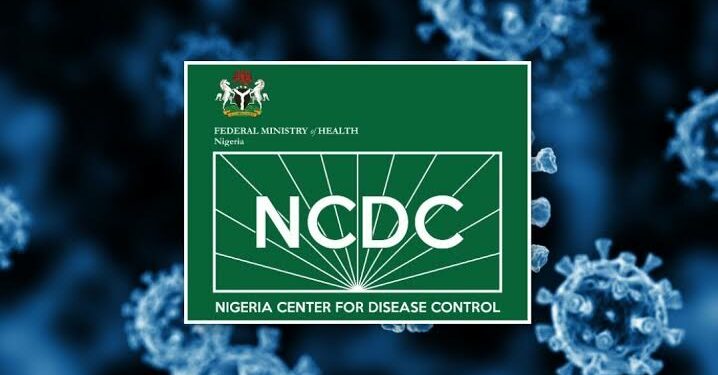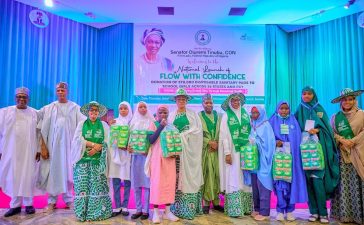Nigeria is grappling with a severe outbreak of cerebrospinal meningitis (CSM), with the death toll rising to 156, up from the previous 74. The latest data from the Nigeria Centre for Disease Control (NCDC) reveals that between week 40 of 2024 and week 12 of 2025, a total of 1,858 suspected cases have been reported across 23 states, resulting in 126 confirmed cases.
The national case fatality rate has reached 8.4%, raising alarm among public health authorities. The outbreak, which affects 23 states including Kebbi, Sokoto, Katsina, and Yobe, has seen the highest number of deaths in Kebbi (67), Sokoto (33), and Katsina (16). Other states like Jigawa, Bauchi, and Oyo have also recorded fatalities.
The NCDC report highlights the rapid spread of the disease, particularly in high-risk areas like Kebbi, which accounts for 47% of all suspected cases. Other states reporting high numbers include Sokoto (303 suspected cases), Katsina (158), and Jigawa (147).
CSM, a potentially fatal infection affecting the meninges—the protective layers surrounding the brain and spinal cord—remains a serious public health concern in sub-Saharan Africa, particularly in the meningitis belt. The World Health Organisation (WHO) identifies meningococcus as one of the primary causes of bacterial meningitis outbreaks, with seasonal spikes during dry periods.
In response to the outbreak, the Federal Ministry of Health, in collaboration with development partners, has received over one million doses of pentavalent meningococcal conjugate vaccine (Men5CV) from Gavi’s global stockpile. Nigeria became the first country to roll out Men5CV in 2024, which targets five strains of meningococcus, aiming to curb the spread and severity of the disease.
Despite these efforts, challenges persist. The NCDC has cited a lack of trained personnel in states for case management, inadequate supplies of CSM commodities, and inconsistent reporting from states as significant hurdles in controlling the outbreak. In addition, poor health-seeking behaviors and inadequate community hygiene continue to hinder response efforts.
The disease disproportionately affects children aged 5-14 years, with a significant 60% of suspected cases being male. The NCDC’s multi-sectoral Emergency Operations Centre is working to improve response strategies, including the distribution of vaccines and increased public awareness.
Public health experts emphasize the importance of early detection, vaccination, and prompt medical care in mitigating the impact of cerebrospinal meningitis, a disease that can lead to permanent disabilities, such as hearing loss and seizures, for survivors.







